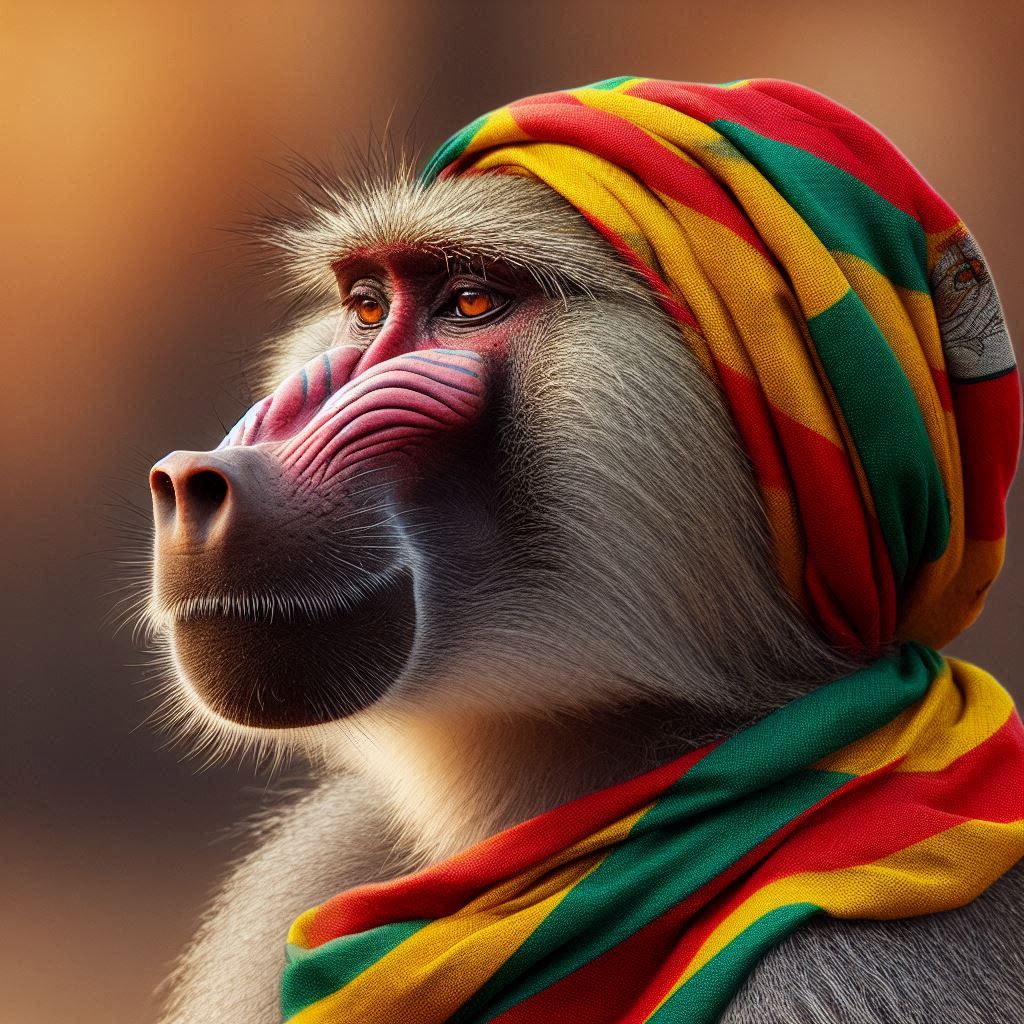Tsumo dzakadudzirwa neChingezi (Shona proverbs translated to English)
- Chivendekete anoseka chimedure. = Cracked laughs at broken. (The pot calls the kettle black.)
- Chipitipiti chakazvara chimwandamwanda. = Congregation bred separation. (familiarity breeds contempt)
- Chomungozva chinodyiwa nowabata mwana. = Food from a nursing mother is eaten by one who holds her child. (One good turn deserves another)
- Nherera inoguta musi wafa amai vayo. = An orphan eats his fill on the day his mother has died. (His future outlook is bleak)
- Kandiro kanoenda kunobva kamwe. = A small dish goes whence comes another small one. (one good turn deserves another)
- Mapudzi anowira kusina hari. = Squashes fall where there are no pots. (Fortune favors fools.)
- Rambakuudzwa akazoonekwa nembonje pahuma. = Headstrong was found with a head wound.
- Chipitipiti chakazvara chimwandamwanda. = Congregation bred separation. Familiarity breeds contempt
- Gudo guru peta muswe kuti vadiki vakutye. = Big baboon, be humble so that young ones can respect you.
- Imbwa payadyira haipakanganwi. = The place where a dog has fed it does not forget. (Help given in time of need is remembered.)
- Chomukuru hachikumbirwi. = The property of an elder is not asked for. (Elders use their own discretion.)
- Chomukuru anopa omene. = The property of an elder he gives away himself.
- Nzombe huru yakabva mukurerwa.= A big bull is what id it because it was taken care of. (Good things are a result of other people’s efforts.)
- Matende mashava anovazva doro. = Pretty calabashes sour the beer. (Attractive appearances conceal inner flaws. All is not gold that glitters).
- Mwovochena unobayisa.= A kind heart gets one killed. (kind hearts are soonest wronged)
- Mviromviro yemhanza inotanga shosha. = The onset of baldness begins at the temples.
- Pabva zino rave vende. = Where a tooth has come out there is now a gap.
- (death destroys symmetry and leaves empty places)
- Pachapwa madziva miramba tichanyurura. = When pools dry up we fish out the barbels. (the death of one man brings benefits to others)
- Panodya ishe varanda vanodyawo. = When the chief eats the subjects eat as well. (The office of the chief benefits his people.)
- Panoda mwoyo nzira haisviki. = Where the heart longs to be, the path never reaches. (A watched pot never boils.)
- Ashamba haanokorerwi. = One who has washed does not have stiff porridge broken off for him, is not helped to food. A cultured person is entitled to proper respect.
- Afirwa haaringwi kumeso. = One who is bereaved is not looked in the face. (Actions or words made under stress of sorrow are not to be taken seriously.)
- Ateyera mariva murutsva haachatyi mhapa kusviba. = One who has set traps in burnt grass no longer fears his apron getting dirty. (A man must take the consequences of his actions.)
- Chafamba kamwe hachiteyewi. = Something that has passed only once is not trapped. (A single transgression is not taken serious account of)
- Aguta haaoneki. = One who has had ms fill does not bid farewell. (He leaves because he has nothing further to ask.)
- Apunyaira haashayi misodzi. = One who has become emotionally upset does not lack tears. (Exertion brings some reward.)
- Chitemura chava kuseva. – One who used to eat stiff porridge dry is now eating it with relish. His luck has changed.
- Aiva madziva ava mazambuko. = What were pools have become fords. (No condition is permanent.)
- Atswinya arwa. = One who has pinched has fought. (Every little contribution counts.)
- Avengwa anhuhwa.= One who is hated stinks. (call a dog a bad name and hang him)
- Chafamba chasvava. = One who has travelled has faded. (away from home one loses importance.)
- Pagara murimi pagara mupopoti. = Where there lives a farmer there lives a grumbler. (A farmer is never satisfied with the work done for him.)
- Akweva sanzu akweva namashizha aro. = One who has pulled a branch along has pulled along its leaves. (inherit a wife and you inherit her children as well.)
- Dzafura churu chimwe dzava nzivani.= Those that have grazed at one anthill have become acquainted. (Experience once shared unites people ever after.)
- Chid pamuchena chiri pamutenure. = What is on a poor man is on a slope and not secure.
- Chinonyenga chinokotama chinosimudza musoro chawana. = He who is courting bows down he raises his head when married. (One shows true colors after getting what they wanted.)
- Vaviri vaviri wechitatu muzvinaguhwa. = Two are a pair a third is a gossip.
- Chinokanganwa idemo chitsiga hachikanganwe. = What forgets is the axe the faggot does not forget.
- Rina manyanga hariputirwi mumushunje. = That which has horns is not hidden in a bundle of grass. (The truth will come out no matter what. OR There is no secret under the sun.)
- Chara chimwe hachitswanye inda. = One thumb does not kill a louse. (One person can’t achieve what two can.)
- Maoko anogezana. = Hands wash each other. (People help each other.)
- Mbudzi kuzvarira pavanhu kuti nditandirwe imbwa. = When a goat chooses to give birth where there are people; it is requesting their support also.
- Kandiro kanoenda kunobva kamwe. = Give and you will be given also.
- Mwana asingachemi anofira mumbereko. = A child that does not cry can die unnoticed.
- Ane ruoko rwegudo. = He/she has the hand of a baboon. (He/she hits and abuses others always.)
- Ane chinya chiri pahuma. = He/she is short tempered.
Practice Exercise
Click here to attempt practice questions.



